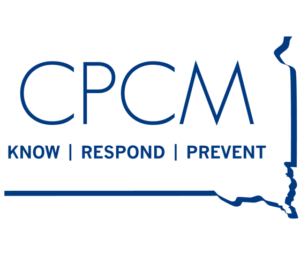eSANE Training Series: Victims’ Rights 101 for Medical Personnel
Overview of victims’ rights and why they matter to survivors and understand how advocates, medical personnel, law enforcement, attorneys and other allied professionals can help protect those rights. Trainers: Amy Liu and Rebecca Khalil, National Crime Victim Law Institute
Fatherhood Training Series
Training series on fatherhood. Topics include the impact of involved fathers, co-parenting techniques and strategies, father involvement in maternal and infant health, family resilience, diversity of fatherhood experiences across cultures, and impact of policies on father engagement. Presenters vary.

